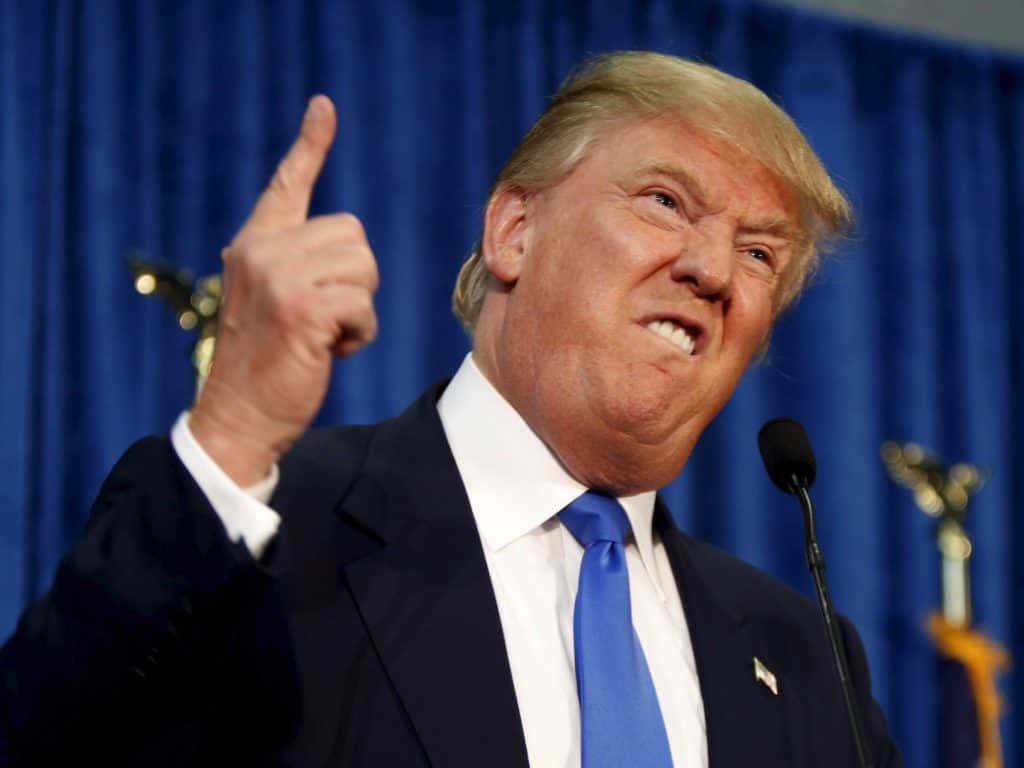One of the questions I am frequently asked is whether the election of Donald Trump to the Presidency is simply the US manifestation of a global populist trend or more a symptom of US specific issues.
As is often the case, the answer is a yes to both.
There is no doubt that similar to other countries, many in the US ;middle class’,disaffected by the impact of the digital revolution, globalisation and rising inequality, feel left behind and are nostalgic for an earlier less competitive ,more monochromatic and culturally homogeneous era.
To quote David Brooks: “Good, decent people of the heartland are being threatened by immigrants, foreigners and other outsiders while corrupt elites do nothing.” A sentiment that, while written about the US, is shared in multiple other countries.
The Age of Trump does however also have a US specific flavour. The emergence of a class system has resulted in an even less level playing field, challenging fundamental assumptions underpinning the promise of the American Dream.
The belief and expectation that in the US, unlike anywhere else on the planet, anyone who has a goal and is willing to put in the effort necessary to realise it, can succeed, no matter how big or audacious it may be and how modest their circumstances.
Religion also plays a unique role. Evangelical Christians, who make up around 20 per cent of the US population, value proselytising over education and will support any politician who objects to abortion, denies man’s role in climate change, rejects the theory of evolution and is an unwavering supporter of Israel.
The issue of immigration from unstable to stable parts of the world also has two uniquely US dimensions. The first is the legacy of slavery and the prejudices associated with it. The second is that, while we are a country of immigrants ,we have a long history of racism when it comes to non-whites in a broader sense. From Native American Indians through Chinese, Jews and Italians to Asians and Hispanics, all have been or are viewed by some, predominantly white protestants of Anglo-Saxon decent (WASP) groups, as not being “real Americans”.
The election of Obama in 2008 as the first black president was a “step too far” for such American racists and Trump uses anti-Obama rhetoric liberally to capitalise on such sentiments.
The US electoral system also plays a key role. A recent decision by the Supreme Court named “Citizens United” effectively permits limitless financial contributions by vested interests in support of candidates who will support their causes.
As an extreme example, a group with major oil and gas interests may fund initiatives and candidates who question man’s role in climate change and prefer a religious based view that “God” is responsible and “will take care of it”.
The electoral system is also designed to balance population density and territory. This tilts political power towards rural voters who tend to be more conservative and are disproportionally impacted by the decline in manufacturing jobs and the social challenges that come with it. Support for Trump comes disproportionately from “Middle America” relative to the much more urban coasts.
Unique issues relating to education and healthcare also play a role. A focus on “College for Everyone”, coupled with fees rising much faster than earnings, has meant large numbers of graduates with even larger debt at a time when many markets are experiencing a mismatch between qualifications and job market needs, increasing the competition for less skilled and lower paid jobs, further depressing pay.
When it comes to healthcare, deeply ingrained fears of a role for government and blind faith in “deeply flawed” market-based medicine has meant that many support any candidate who is against ‘socialised medicine’ rather than voting in what is likely to be their own self interest.
Finally, the declining economic and social status of many Americans has resulted in questioning of the country’s role in the (so called) post World War II order, with the US as the world’s protector, policeman and champion of “democratic values”. Trump has been able to capitalise on growing belief that challenges at home, coupled with recovery in Europe and a rapidly developing China mean that our focus, energy and resources should be applied at home and not in support of other causes, countries or global institutions.
Help us lay the intellectual foundations for a new radical politics. Sign up to get email notifications about anything new in this blog. See also our new book: Backlash: Saving globalisation from itself.





